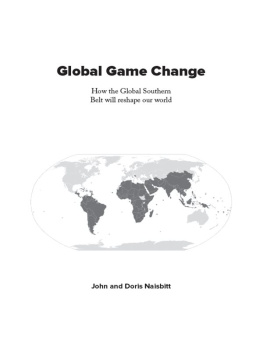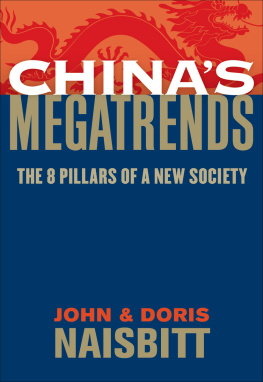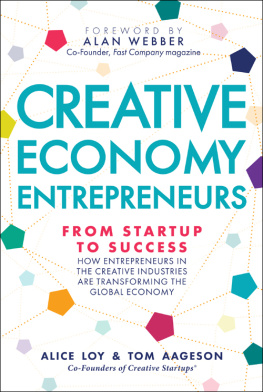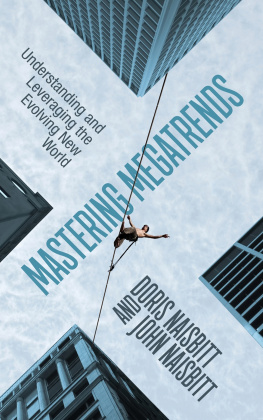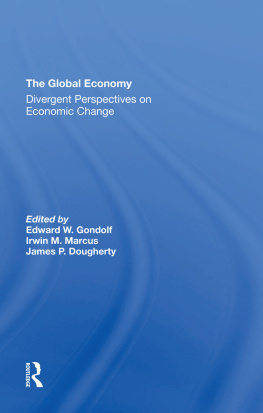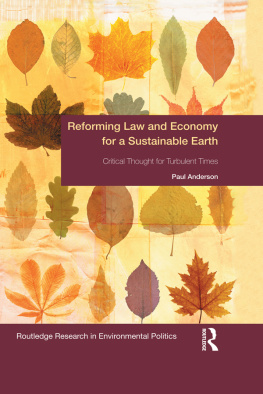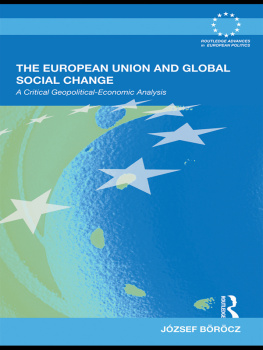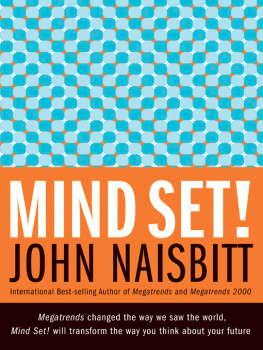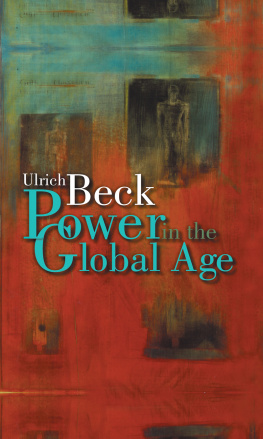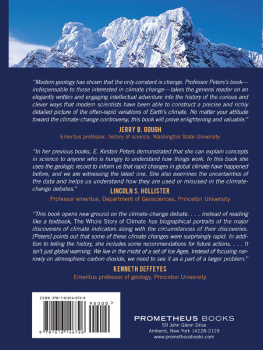Global Game Change
How the Global Southern Belt will reshape our world
Published by

GLOBAL GAME CHANGE: How the Global Southern Belt Will Reshape Our World by John Naisbitt and Doris Naisbitt
English Australia, New Zealand and South Africa translation copyright 2015 by Heart Space Publications imprint Exploration Zone
Published by China Industry & Commerce Associated Press Co., Ltd.
Through Inbooker Cultural Development (Beijing) Co., Ltd.
ALL RIGHTS RESERVED
PO Box 1085, Daylesford, Victoria, 3460, Australia
All rights reserved under international copyright conventions. No part of this book may be reproduced, stored in a retrieval system, or transmitted in any form or by any means electronic, mechanical, photocopying, recorded or otherwise without written permission from Heartspace Publications and John and Dorris Naisbitt.
Whilst every care has been taken to check the accuracy of the information in this book, the publisher cannot be held responsible for any errors, omissions or originality.
ISBN 978-0-9944028-0-6
In May 2014 we traveled from Vienna, Austria to Sydney, Australia. Two flights, ten and thirteen hours with a stop in Beijing, brought us to the other side of the globe. From there the world looks different. Passing through the southern sky the sun apparently shows a right left trajectory unlike the left-right motion when looked at it from the Northern hemisphere. Storms spin clockwise while anticlockwise in the North. And also in geographical matters the world turns upside down. For us the Far East is the Near East, said Paul Keating, former prime minister of Australia when we sat with him at a dinner table at a conference some years ago in Seoul. His words now ring more true than ever.
Perspectives can turn upside down with changing viewpoints. And often it takes time to get familiar with the unfamiliar; in big and small matters. Even though one would think that an American-Austrian husband and wife team, as Australias media called us, do not have too much of a different cultural background, our backgrounds have left their marks. John, a first generation American, grew up on a farm in Glenwood, Utah, a village of about 200 people in Americas West. Doris was born in the Austrian Alps in Bad Ischl, summer residence to the Habsburg emperor Franz Josef, most famous for his marriage to empress Sisi. No wonder maybe 80 percent monarchists in town are still yearning for those days.
Until the day we met on September 14, 1994, at a yearly media conference in Villach, a small town in Southern Austria, we had very different paths of life. In the soon to follow working relationship as author and publisher we experienced what makes us different is not dividing, but enriching our relationship, in our private life and in our work together. American optimism often meets European skepticism: just do it collides with what if?
We could not work together without sharing the curiosity to explore, the drive and joy to learn something new every day. To do global research demands understanding different positions and the willingness to throw old mindsets overboard and replace them with new points of view. To us this is an exciting adventure. We do not invent stories, we report what we see, even if strange to us like storms spinning clockwise in Australia. And we dont have to be right. Others may see a different world evolving. Some might not like the conclusions we come to. We do not always like what we see, but we try to be honest in our reporting.
We do not start our journey in life as a blank sheet
Change that obviously leads to benefits is easy to embrace. But the more change interferes with long term practices and conditions, the harder it gets. In addition our perception of the present is directed by the experience of the past and greatly influenced by the environment in which we are born and raised. Time, location and education become the lenses through which we look at the world. Looking back in history we see that it took time until major shifts became anchored in the minds of the people affected.
To a European it seems unusual that some Americans have never left their country. Naturally their countrys borders have become the borders of their world. American points of view will differ greatly depending on local environment, level of education and even the color of their skin. On the other hand, you meet Austrians who look at the world from an Austrian point of view, not really aware that the countrys population of 8.5 million is smaller than many districts in many metropolises. It is comparable to the Internet, in which each user is the center, the point at which all strings converge and diverge.
The more extensive a person travels the more the picture will change as new worlds become accessible. We have especially experienced how radically a picture can change when people visit China for the first time. There is no central point at which a worldview can be created and adjusted. There are millions of different perspectives, rooted in the past, and reaching far into the future. You and we, in our community, our city, our province and our country, are only pieces of a puzzle that make up the world. But the changing positions of the pieces of our common puzzle give clear signals of global game change.
The ascent of the West
Hegemonies, powerful sovereigns and leading intellectuals in all continents, created spheres of influence within and beyond their borders. The German Book of Civil Law (Buergerliches Gesetzbuch) until today is based on jurisprudence of the nineteenth century which goes back to Roman law. Think of Socrates, Plato and Aristotle and the foundation of philosophy, Athens as the cradle of democracy, the Iliad and Odyssey and the art of poetry. Athens and Romes political, legal and cultural influence is still with us today. The Roman Empire in Europe, The Kingdom of Kush and the Egyptians in Africa, the Five Hegemons and the Zhou Dynasty in China, the cultures of the Inca, Maya and Aztecs in South America, all left their footprints on global cultures.
But none of these cultures gained such comprehensive global influence as did Europe and the United States of America, the key players of the West. Their political, economic and cultural influence have spread over the last few centuries, overwhelming local cultures in most continents. Western clothing, Western music, Western business practices, inventions and innovations spread from the West to the rest of the world. This over time has led to a Western self-perception of superiority over other parts of the world. The West sees itself as the moral authority to set global standards based on a Western centric worldview, judging the world by and against Western standards.
This era, we believe, is coming to an end.
From a Western centric to a Multicentric world
As we travel the world and do our research, we see the global authority of the West is no longer unchallenged; the Western worldview is no longer accepted as universal. It is increasingly put in question by emerging economies around the globe that are developing their own standards. If we look at the geographical positions of the emerging economies it appears that they collectively form a belt around the southern part of the globe: The Global Southern Belt.
Next page
